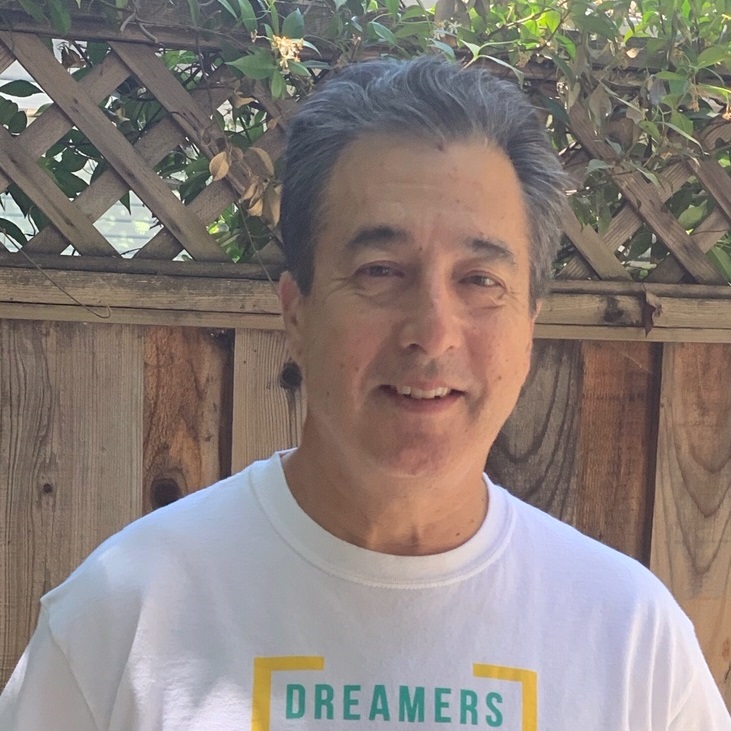12 Oct Semi-Absentee Ownership: Why it might be right for you with Rick Morgin

Semi-absentee ownership is a great way to own a franchise without having it take over your life. As a semi-absentee owner, you’re relieved of the day-to-day operations and can focus on big-picture responsibilities: marketing, online efforts, and financials, to name a few. Your business runs under the direction of a highly trained, professional manager.
This type of ownership is ideal for anyone who wants to keep her corporate career and simultaneously build an asset. If you’re looking to transition away from corporate life slowly, semi-absent ownership can be a great option. It lets you invest in something and still have the security of a regular job.
Corporate executives who want to diversity their portfolios benefit from this type of ownership as do stay-at-home parents who want to get back into the workforce and still have some flexibility. Semi-retired professionals prefer semi-absent ownership because it allows them to participate in their usual activities. Private equity firms also have the infrastructure in place to run and grow the business.
How it Works
Industries where semi-absent ownersip works best are essential services like haircare and beauty, simple or complex retail, fitness, therapeutic masage, automotive, specialty food and health-and-wellness centres. Any business that can be staffed by people who are trained or certified lends itself to semi-absentee ownership. These owners often opt for multi-unit ownership.
As a semi-absentee owner, you work “on” the business, not “in” the business, which allows you control over your schedule. Figure putting in about 10 to 20 hours per week. Managerial skills like leadership, communication and organisation are very important. Your primary focus is on setting the tone of your company culture, starting with hiring the right manager. Having the right people in place helps you build equity and income.
As attractive as semi-absentee ownership sounds, it’s not for everyone.
Semi-absentee ownership may mean investing enough capital to open multiple units or acquire larger territory. You will also need to have a well-paying career, one where you can meet your personal obligations while you ramp up your business. Also, you should be able to delegate and step back so someone else can run your day-to-day operations.
As with anything, when you start something new, understanding the learning curve ahead can only help. At the start, you will probably spend more time on the business to get your arms wrapped around guiding your operation. Once you feel you are in control and things have settled down, you will find the balance you want and the ability to make a smooth transition to your new career.

RICK MORGIN
The Franchise Consulting Company
Rick’s passion for Franchise consulting comes from helping clients through their journey toward entrepreneurship with a Franchise model – business ownership, theAmerican Dream. This includes identifying the types of industries, types of franchise businesses, and the costs involved to help you make the right decision. A decision that is as individual as you. Rick guides you so that you can make a sound business decision that will give you the best chance for success.
Connect with Rick


